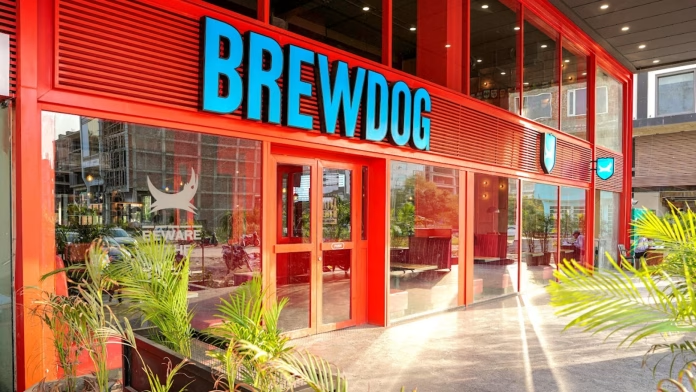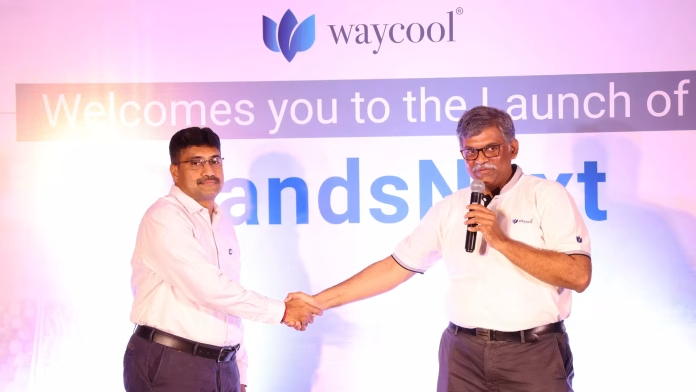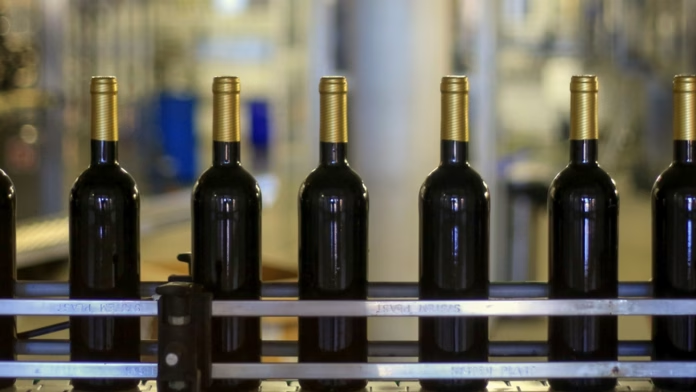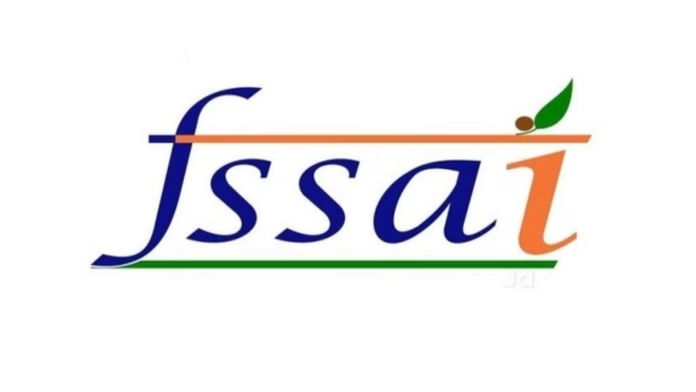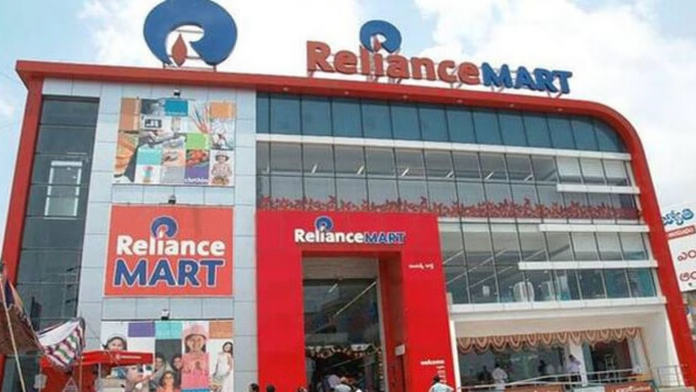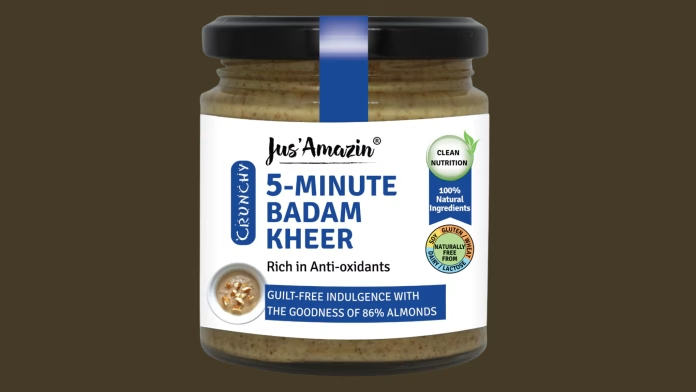International craft beer brand BrewDog has opened its first outlet in Amritsar, Punjab. Spanning over 8,500 square feet across two floors, the new BrewDog outlet is located in the upscale Ranjeet Avenue and offers a selection of 24 craft beers.
At BrewDog Amritsar, customers can enjoy a variety of popular international beers, including lagers, IPAs, and wheat beers. Guests at BrewDog Amritsar can choose from a meticulously curated selection of craft beers, including favorites such as Hazy Jane, Punk IPA, Elvis Juice, Arcade Made, Lost Lager, and many more.
Rohit Jain, Chairman, BrewDog India, AIBPL, said, “As part of our India expansion, Amritsar is a key location for the brand. A lot of thought has gone into the design of the space, making it vibrant, cosy and welcoming, while keeping it consistent with the international experience. We are keen to take the craft beer experience to even more cities across India.”
The reputed design firm in the country, Sumesh Menon and Associates, has designed BrewDog Amritsar, which is also the first pet-friendly bar in the city.
The bar will also house a specialty coffee bar named Habitat Coffee House in addition to serving craft beer.
Karan Jain, CEO, BrewDog India, AIBPL, said, “We bring a diverse variety of craft beers on tap which will be a great attraction for beer enthusiasts. Punjab has been our choice in our current leg of expansion given the evolving food and beverage scenario and an evolved consumer base.”
The bar will not only serve BrewDog’s signature menu but also offer a variety of regionally-inspired dishes.
The menu at BrewDog Amritsar not only features their signature dishes but also includes a variety of regionally-inspired options. Guests can choose from dishes such as Phulka Tacos, Mutton Chapli Burgers, Korean BBQ Chicken Burger, Thai Basil Fish Tikka, Gochujang Lotus Stem, Dahiwala Dhaba Meat, and Dum Ki Daal, among others.
Aloha International BrewPub, under the leadership of its Chairman Mr. Rohit Jain, played a key role in bringing BrewDog to India and facilitating its expansion in the country.
The brand, which already has two successful outlets in Mumbai and one in Gurugram, has ambitious plans to launch an additional 25 pubs across the country.
In the past decade, BrewDog has achieved significant growth worldwide, boasting over 200,000 crowdfunded shareholders, five breweries located across three continents, and distribution in more than 80 markets.

